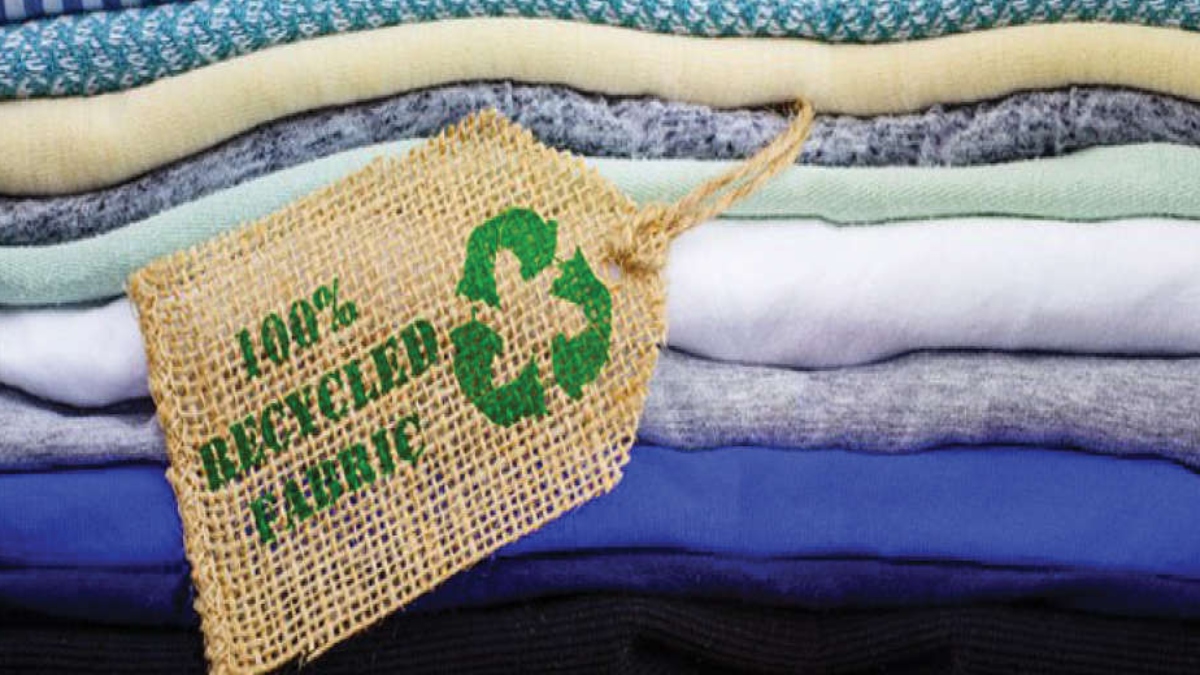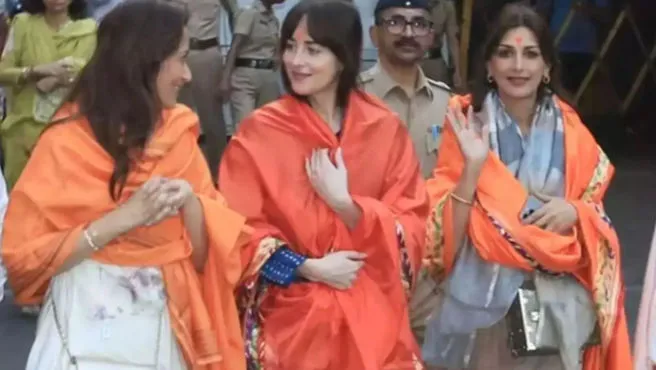Fashion sustainability has been dominating the fashion industry for quite some time now. Yet, it was during the pandemic when humans were locked in from the outside world that they had the time to slow down and reflect on what they had done to the planet.

Sustainable fashion.
The fashion industry alone is responsible for a high impact on the environment when it comes to the use of chemicals to treat the fabric and it was the need to find alternatives to high waste fashion production that led to the emergence of sustainable fashion.
Fashion sustainability is driving advancement in a wide range of ways for certain significant brands leading the way. The Rising demands for designer brands to commit to environmental wellbeing have pushed them toward specific action plans moving to more sustainable production and selling. These incorporate eco-friendly designs, corporate social responsibility, sustainable assembling, and the use of honest raw materials and ingredients. However, with limited information and awareness, greenwashing issues, the absence of guidelines, and the general lack of execution, sustainability continues to face challenges.
Until recently, those wishing to purchase sustainable clothes had to buy from individual businesses at higher price points. While this has given rise to many bespoke boutiques and businesses, consumers often feel more comfortable with larger chains that they’re acquainted with. As sustainability has become more and more the need of the hour, buying economical clothes from well-known brands is now possible.
Consumers are now looking for purpose-driven brands—products and brands that line up with their way of life, health benefits and aspirational thinking. Consumer buying patterns have changed to reflect environmental conditions such as climate change, endangered species and preventative healthcare. Such buyers are additionally ready to change their shopping behaviour to diminish the impact of their choices on the environment by opting for more sustainable and recyclable clothes.
Buyers are progressively searching for items with explicit features that line up with their values, so offering the right combination is a key differentiator. However, high on the list of customers’ needs is a comfortable and easy shopping experience.
There is no question that Covid-19 was a gigantic leap in consumer behaviour and shopping trends in the fashion business. The circular economy, for example, gained a lot of popularity during this time. Brands and retailers are now effectively hoping to partake in this new economy in shifted ways to inculcate more recyclable materials and textures than plastics. Others are fashioning new ways consumers shop. Many patterns that were prevailing in the fashion industry before the pandemic were made considerably more prominent because of the situation and some were introduced freshly.
Roopam Gupta is co-founder of The Woman’s Company.























